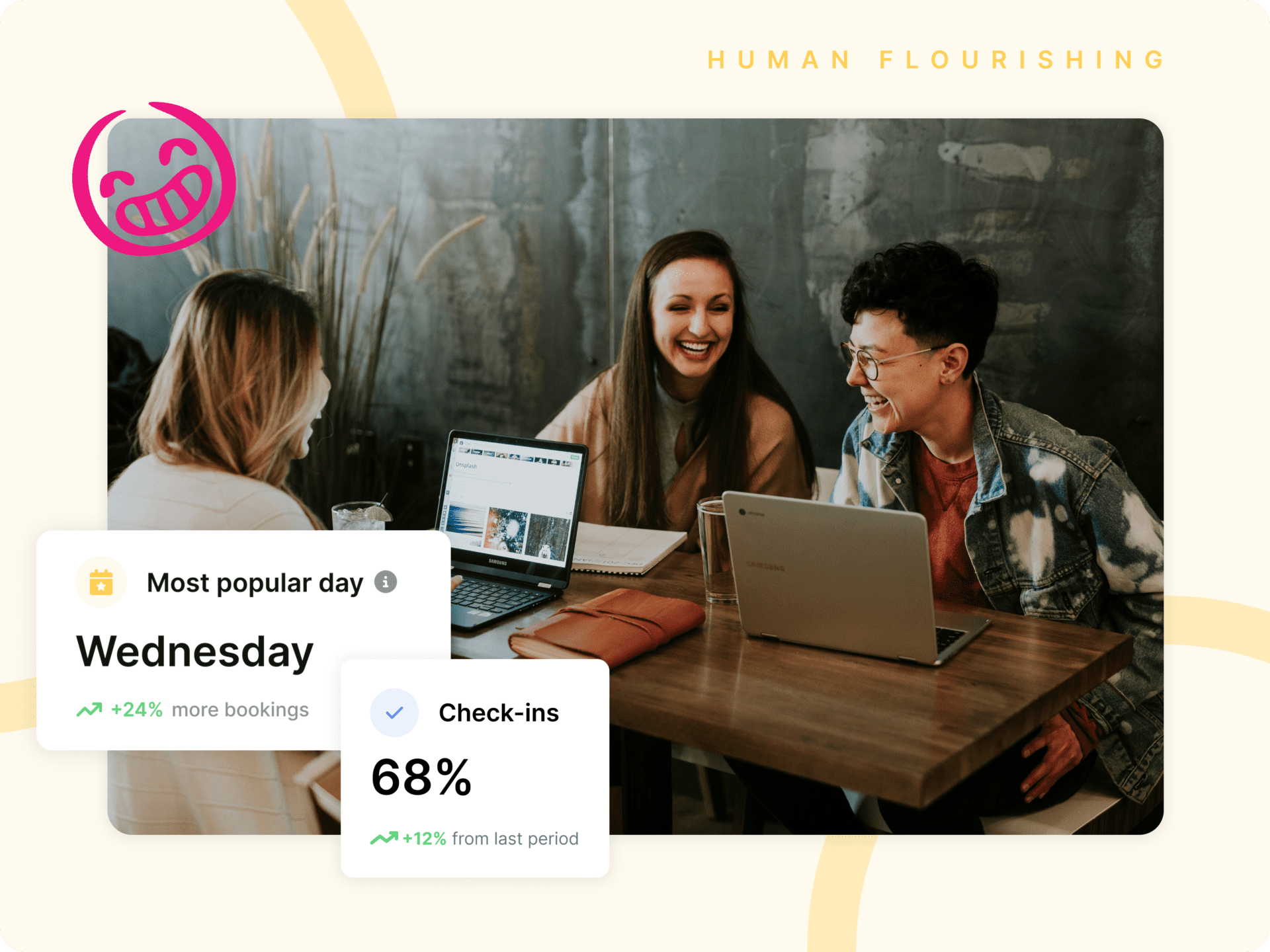Hybrid Workplace Persona #4: The Traditionalist
A diverse workplace brings many benefits to an organization, but it can also present challenges – particularly in times of change. The shift to hybrid, for example, is bound to impact your people in different ways.
As you navigate the transition, understanding the personalities you’re catering for will help you plan every aspect, from systems to workplace layouts. In our hybrid workplace persona blog series, we’re looking at four of the most common characters you’ll find in your organization: the soloist; the adapter; the culturalist; and the traditionalist. In each one we explore how you can help them adjust to this new normal.
In this final edition, we’re going back to basics with the traditionalist.
The traditionalist likes things just so – at work, they’re as regular as clockwork. Monday to Friday, 9 to 5. Dependable and reliable, their natural habitat is the office. A sighting at a café or co-working space is rare. Averse to change, they’ll probably be the most resistant members of your team to hybrid. They’ll wish things could return to the pre-pandemic norm and would prefer to come into the central office every day.
Rearranged office space, desk hoteling, and a more flexible office culture will be hard to swallow. They’ll want to get back to their own desk, set up just how they like.
Here are 4 ways to help them cope:
1. Offer permanent workstations
If you’ve got the space in your office, there’s no reason why you can’t mix desk hoteling with permanent desks.
Ask employees who would like to be in the office full time, and set aside an area with permanent desks for them. You’ll overcome any anxiety a traditionalist may have about sharing desks or having to sit at a different desk each time they come in.
Desk booking software systems give you the power to experiment with layouts virtually. You’re also able to easily remove any permanently assigned desks from the pool of bookable workstations.
2. Allow recurring desk bookings
If it’s not practical to assign permanent desks, the next best solution is to allow long term desk bookings. Your desk booking software should enable employees to book the same desk at regular slots over time. Not quite a permanent desk, but close.
Your traditionalists will be comforted knowing they’ll be at the same desk each time they come in.
This does, of course, risk people block-booking a desk but not using it. A good desk booking system should flag unfulfilled bookings, so you can have a polite word with repeat offenders.
3. Get visibility into teams’ schedules
Traditionalists don’t just want a permanent desk, they’ll miss office life as well. Days when the place was full and buzzing. The daily chats with colleagues, coffee in the cafeteria, and lunchtime rituals. The rotating schedules of a hybrid workplace won’t appeal.
The solution? Implement a system that allows people to get visibility into teams’ schedules and sync their work flow. Traditionalists will be able to organize their time around colleagues’ schedules, so being in the office feels like it used to. It will encourage collaboration and help rekindle your organizational culture.
4. Customize office neighborhoods with the right amenities
For the traditionalist, work activities are best supported by the office and its facilities. Working from the kitchen table in a shared house is a long way from ideal. While your hybrid workplace won’t be the same as a pre-pandemic office, office neighborhoods give you the opportunity to tailor parts of the workplace for teams.
A brand and marketing team neighborhood, for example, might include access to breakout spaces for brainstorming. A finance team neighborhood might be more focused on quiet concentration. In a slimmed down, hybrid office, your traditionalists will appreciate that they’ve still got access to the tools and amenities specific to their role.A compromise between the way things were and the way they are
Catering for traditionalists inevitably involves compromise. A hybrid workplace is going to look different to an office built for a traditional 9-to-5 culture. But with the right tools and approach, you can find a middle ground that leaves even the staunchest happy.
Finding a way for them to keep a permanent desk – or at least book one long term – and enabling them to sync their working patterns with colleagues will go a long way to recreating that traditional office atmosphere. And tailored office neighborhoods will ensure the new look office still has all the facilities they were used to, back in the good old days.


